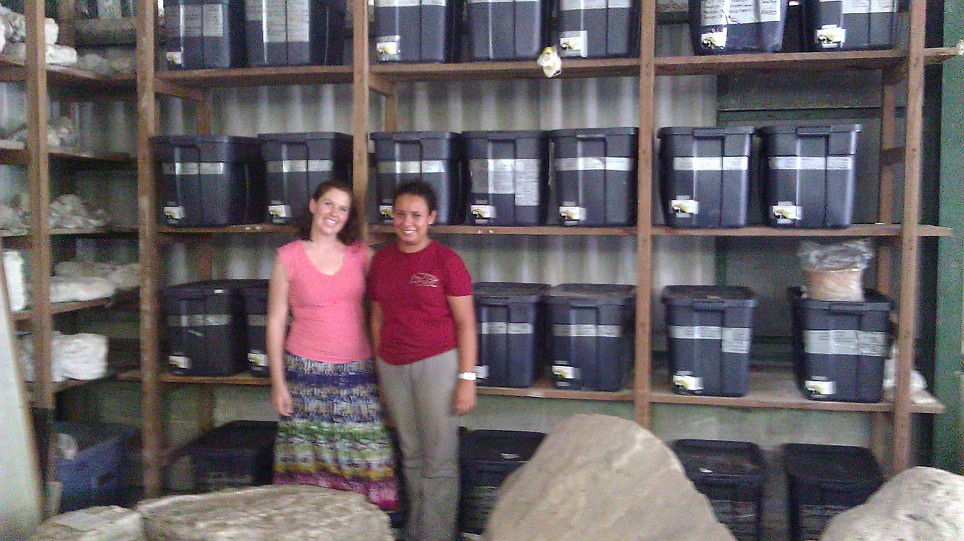SAN FRANCISCO—Kellogg’s, the maker of Froot Loops and other sugary breakfast products, is taking legal action against the Maya Archaeology Initiative (MAI), a nonprofit that defends indigenous Maya culture, claiming that the use of a toucan in its logo infringes on Kellogg’s Toucan Sam character and games. The MAI logo can be viewed at www.mayaarchaeology.org.
“This is a bit like the Washington Redskins claiming trademark infringement against the National Congress of American Indians,” said Dr. Francisco Estrada-Belli, president of the Maya Archaeology Initiative and a globally recognized expert on Maya archaeology and culture.
In a detailed response to the cereal giant, Maya Initiative legal counsel Sarah Mott explained that the toucan in MAI’s logo looks nothing like Kellogg’s cartoon character and said the two entities are not in competition. MAI’s logo is based upon a realistic toucan native to Mesoamerica, while Kellogg’s Toucan Sam is a cartoon character with colors that represent Froot Loops’ food coloring.
Mott also challenged Kellogg’s claim that it uses “Mayan” imagery, another reason Kellogg challenged MAI’s logo, and accused the company of sending racist messages to children.
CONTACT: Sam Haswell (415) 699-2802
“There is nothing Mayan in [the Froot Loops] Adventure,” Mott wrote to Kellogg’s corporate counsel David Herdman. “Disturbingly, the villain in this Kellogg’s Adventure—and the only character of color—is a ‘witch doctor’ who cackles malevolently when stealing from children. At best, this is culturally insensitive. I would characterize it as a demeaning caricature of an advanced and ancient civilization.”
“Kellogg’s products are a staple of many Guatemalan households,” said Estrada-Belli, a Guatemalan national whose organization promotes education opportunities for Maya children, archaeological work and defense of the rainforest. “We expect a brand that is so familiar to children to play a role in supporting cultural and racial understanding around the world, rather than undercutting it by promoting demeaning racial stereotypes.”
The company has a history of unsuccessful challenges to others’ use of toucans, claiming to hold a trademark on all images of the Central American bird.
The Maya Archaeology Initiative is a project of the California-based World Free Press Institute, a non-profit with a history of defending free expression and challenging repression of cultural heritage issues. The organization has conducted programs for the United Nations, the Ford Foundation and others.


